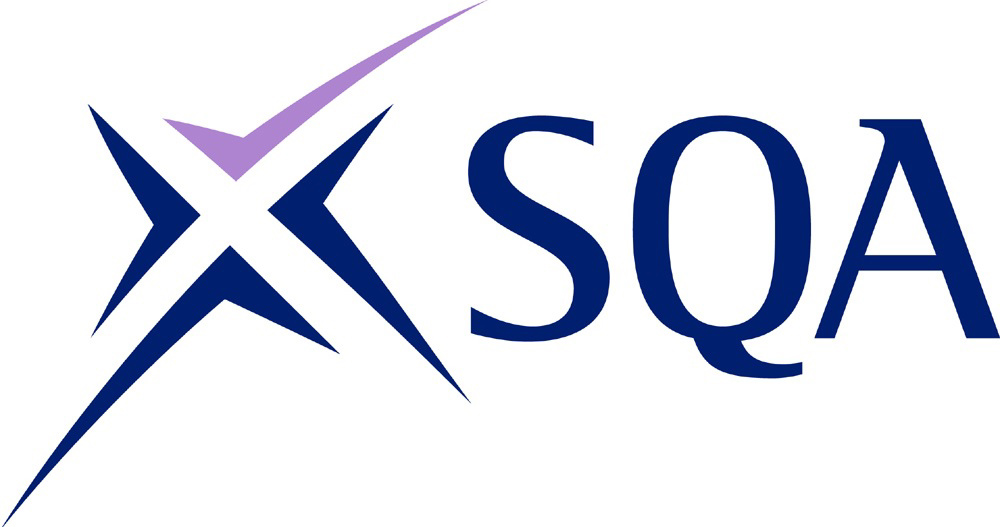SCOTTISH school exams are open to “gaming” because not enough papers are being double-checked, according to an expert.
The number of sample exam papers taken to be checked by the Scottish Qualification Authority (SQA) has dropped by over 70% in four years.
And Professor Mark Priestley – a curriculum studies expert at the University of Stirling who advises the Scottish government on education policy – said the quality-control process is a “concern”.
Each year the SQA take samples of pupil’s graded work from schools and colleges around the country in order to guarantee consistency for internal assessments.
However, the level of samples taken have dropped significantly in recent years from 4,561 in 2013/2014 down to 1,291 in 2016/2017.
Professor Priestley has warned the move could allow teachers internally marking exams at schools and colleges to “behave strategically” ahead of sample checks.
He said: “The scope and outlined methods of verification should be a concern.
“If schools know what is assessed they might behave strategically by focusing on boosting results selectively.
“It seems rather predictable; and if it is known in advance what assessments are going to be verified, this will presumably allow gaming to go on where verification will not be occurring.”
Last year 14% of the selected papers were found to have had “significant ussues with the internal assessment approach and/or judgements”, with the schools or colleges needing to resolve the issue before a qualification could be awarded.
According to the SQA, the verfication process was scaled back last year in a bid to lessen teacher workloads.
However, it has been argued that the levels were dropped because the authority doesn’t have the capacity to carry out the checks.
Lindsay Paterson, Professor of education policy at the University of Edinburgh, said that he was “suspicious” the true reason for the change was “the potential embarrassment of having more than half of outcomes not being accepted in 2014.”
He continued: “Trustworthiness of devolved assessment is much more important than the workload of anyone involved. A system that is as unreliable as that does not inspire confidence.
“Not gathering the evidence does not inspire confidence, either.”
Professor Priestley also added: “I don’t really buy the workload for schools argument.
“This certainly applies to internal moderation, where processes need to be kept simple and proportionate.
“As for verification, this is done by external people, so the conclusion that this is an SQA budget issue would seem to be a fair one.”
A Scottish government spokeswoman said: “Changes to the external verification process were designed to balance both assessment-related workload, while also protecting the integrity and credibility of our national qualifications and the vital importance of maintaining confidence in their standards.”
A spokesman for the SQA said the approach to external verification was changed as a result of decisions taken at the Assessment and National Qualifications [ANQ] Group, which is chaired by Education Secretary and Deputy First Minister John Swinney.
The spokesman said: “Random sampling of unit assessment verification for the 2016/17 academic year was removed following a decision taken by the ANQ Group.
“This reduced the number of verification selections and was part of a range of measures decided by the ANQ Group to support the reduction in workload for teachers and lecturers.
“Random sampling has continued to take place for remaining internally-assessed components.
“For the 2017/18 session, SQA has reintroduced random sampling for verification of Units at all levels with the exception of Units at Higher and Advanced Higher, as agreed with the ANQ Group.
“This includes Units that were associated with National 5, although, following guidance from the Deputy First Minister, these are only to be used in exceptional circumstances.”


